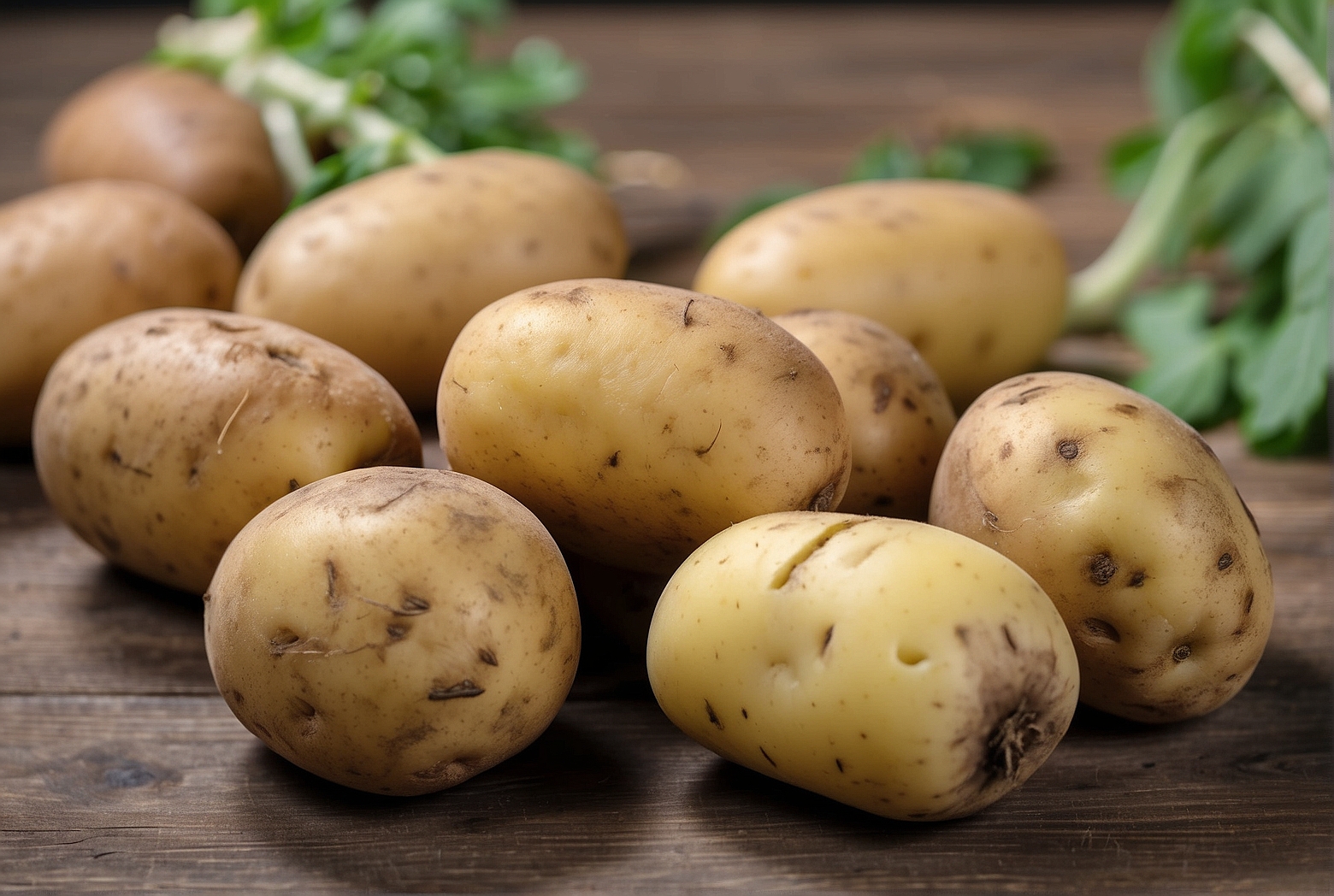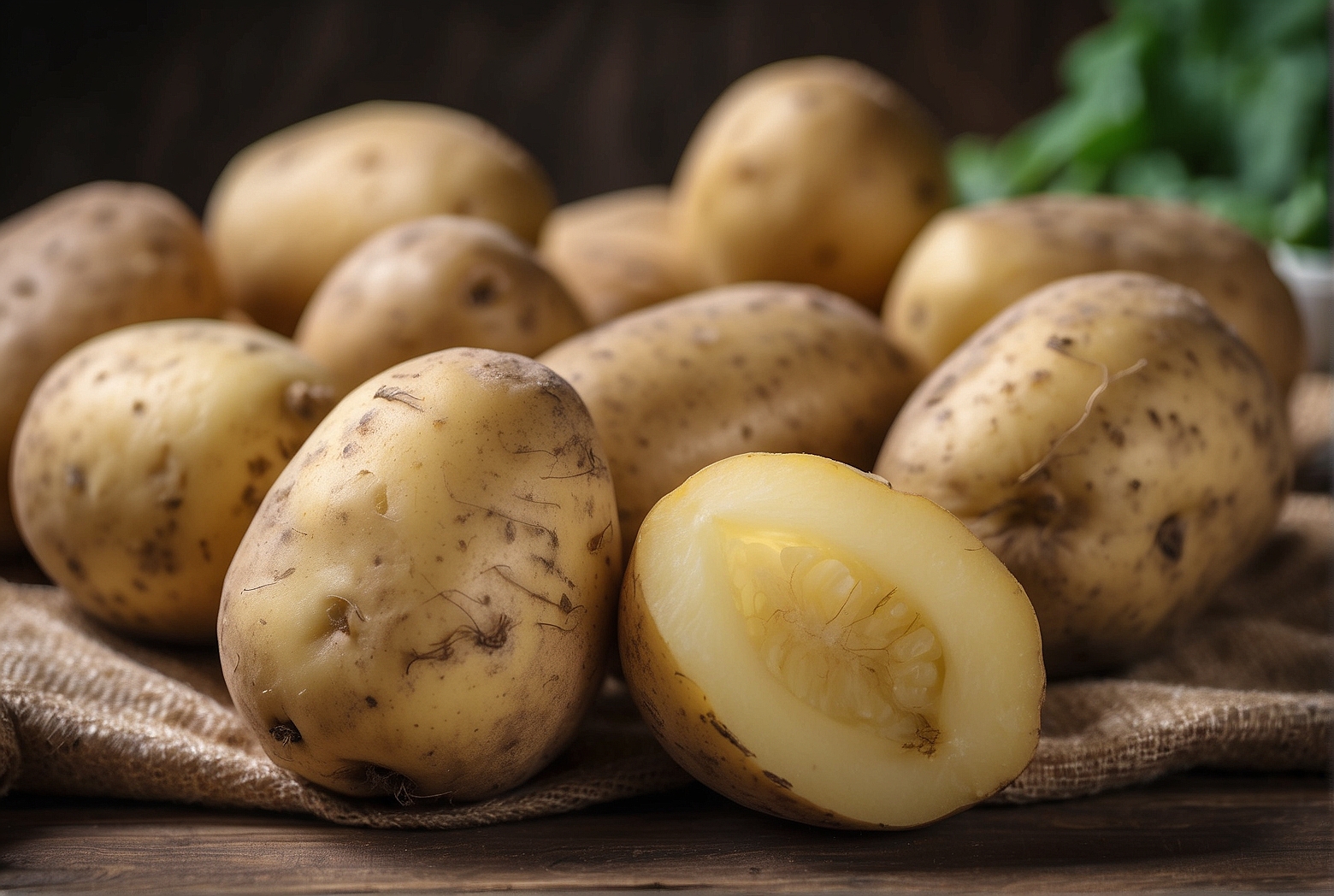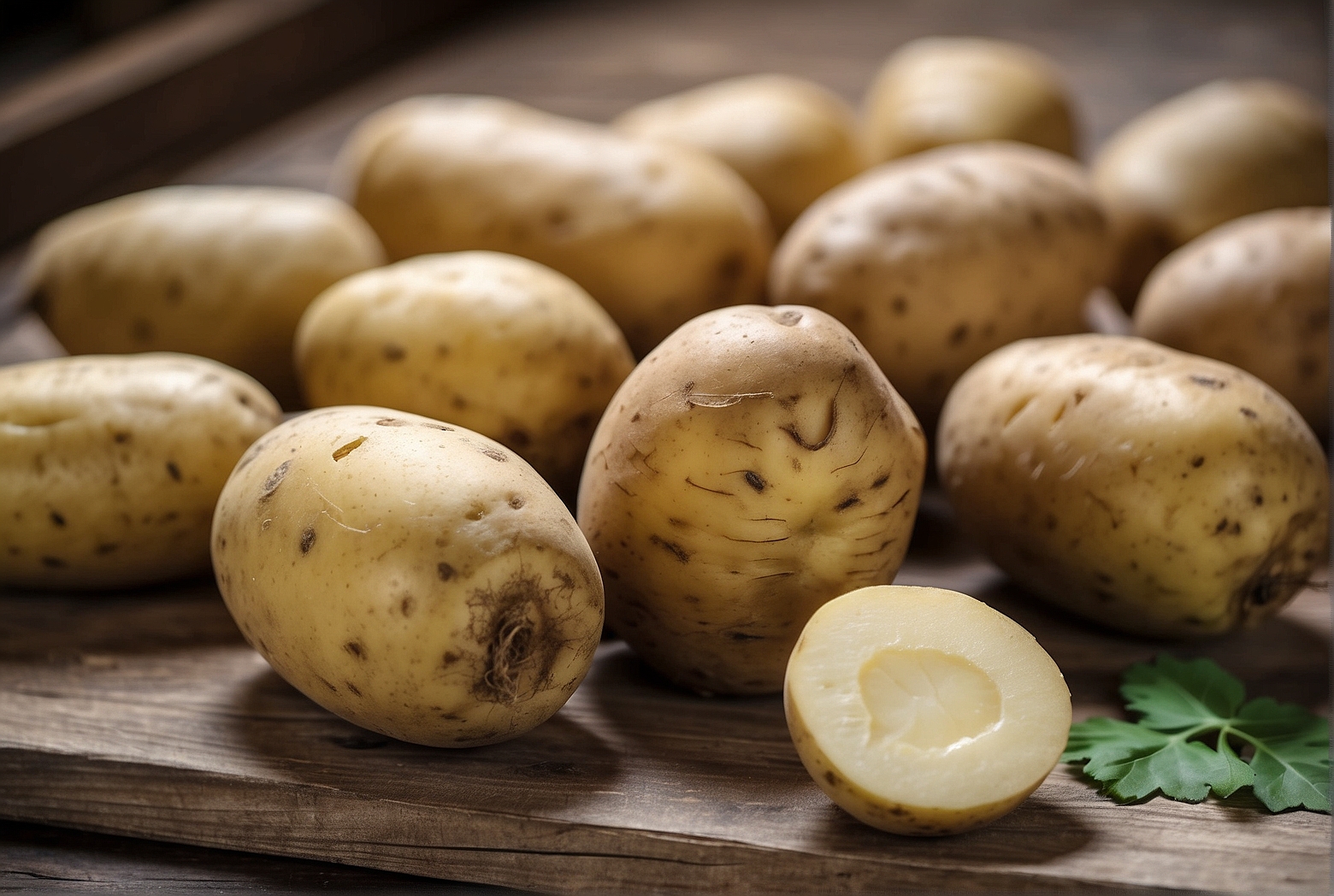Last Updated on March 27, 2024 by Tony Manhart
Did you ever wonder whether russet potatoes are genetically modified? Well, the answer might surprise you! In this article, we’ll explore the fascinating world of russet potatoes and shed some light on whether they are indeed GMO. Along the way, we’ll uncover some interesting facts about these versatile tubers and help you understand the current state of russet potatoes in relation to genetic modification. So, get ready to embark on a potato-filled adventure and discover the truth about russet potatoes and GMOs!
What are GMOs?
GMOs, or Genetically Modified Organisms, are organisms that have been altered through genetic engineering techniques. This involves the modification of an organism’s DNA by introducing genes from another organism, often from different species, to achieve desired traits or characteristics. These modifications are done to enhance the productivity, resilience, or nutritional content of the organism, be it plants, animals, or microorganisms. The aim is to create organisms with specific traits that would be difficult or time-consuming to achieve through traditional breeding methods.
Genetically Modified Organisms (GMOs) in Agriculture
Genetically modified organisms have revolutionized the field of agriculture, bringing about significant changes in crop production and food supply. GMOs have been extensively used in agriculture to create crops that are more resistant to pests, diseases, and environmental stresses, such as drought or extreme temperatures. These genetic modifications have allowed farmers to achieve higher yields and reduce crop losses, ultimately contributing to the availability and affordability of food.
The Origin of Russet Potatoes
Russet potatoes, famous for their rough brown skin and fluffy texture, have been a staple in many cuisines around the world. They are commonly used for baking, frying, and mashing, but have you ever wondered about their origin? Russet potatoes are believed to have originated in North America and have a rich history dating back to the early 19th century. They were first cultivated in Massachusetts, United States, by a farmer named Luther Burbank. Since then, they have become one of the most popular potato varieties globally due to their unique texture and flavor.

Common Traits of GMOs
GMOs share some common traits that differentiate them from their non-genetically modified counterparts. These traits include improved resistance to pests, diseases, and herbicides, enhanced nutritional content, increased yield potential, and better adaptability to challenging environmental conditions. The genetic modifications in GMOs can result in crops that require fewer pesticides, have a longer shelf life, or possess improved tolerance to specific stressors, such as drought or high salinity. This makes them attractive options for farmers looking to increase productivity and minimize crop losses.
Are Russet Potatoes Genetically Modified?
GMO vs. Non-GMO Russet Potatoes
When it comes to russet potatoes specifically, it is important to note that traditionally grown russet potatoes are not genetically modified. The russet potato variety commonly found in grocery stores is typically non-GMO. These potatoes are developed through conventional breeding methods, where desired traits are selected and bred over time to create the desired characteristics, such as size, shape, and texture. This means that the russet potatoes you buy and consume are not genetically modified.
Labeling and Regulation
In order to ensure transparency and consumer choice, many countries have implemented labeling regulations for genetically modified foods. However, these regulations vary from country to country. In the United States, for example, there is no mandatory labeling requirement for genetically modified foods, including potatoes. Despite this, some companies voluntarily label their products as non-GMO to cater to the increasing consumer demand for GMO-free options. It is always a good idea to check product labels or do some research if you wish to avoid genetically modified potatoes or any other foods.
GMO Russet Potato Varieties
While traditionally grown russet potatoes are not genetically modified, it is worth mentioning that there are GMO potato varieties available in the market. These genetically modified potatoes are still relatively new and limited in their availability. Some GMO russet potato varieties have been developed to possess traits such as resistance to specific pests or diseases, but their commercial cultivation and distribution are not widespread.

Health and Safety Concerns
The safety of GMOs has been a subject of extensive research and discussion. Numerous scientific studies, including those conducted by reputable organizations such as the World Health Organization (WHO) and the National Academy of Sciences, have concluded that genetically modified foods on the market are safe for consumption and do not pose any unique risks to human health when compared to their non-GMO counterparts. Regulatory bodies around the world, such as the Food and Drug Administration (FDA) in the United States, evaluate GMOs for their safety and approve them for commercial use based on rigorous testing and evidence.
Benefits of GMOs
There are several notable benefits associated with genetically modified organisms in agriculture. GMOs have the potential to increase crop yields, reduce the use of chemical pesticides, enhance nutritional content, improve tolerance to environmental stresses, and contribute to the sustainability of food production. By developing crops that are resistant to pests and diseases, farmers can reduce the need for insecticides and fungicides, thus minimizing potential harm to the environment and human health. Additionally, genetic modifications can enhance the nutritional profiles of crops, leading to increased access to more nutritious food options for individuals and communities.
Alternatives to GMO Potatoes
For those who prefer to avoid GMOs, there are alternatives to genetically modified potatoes available. Farmers and consumers have the option of choosing organic potatoes, which are grown without the use of synthetic pesticides, genetically modified seeds, or chemical fertilizers. Organic farming practices prioritize soil health and biodiversity, promoting sustainable and environmentally friendly potato cultivation. Additionally, there are non-GMO potato varieties, including different colored potatoes like red, blue, or purple, which offer a diverse range of flavors, textures, and culinary possibilities.
Consumer Awareness and Choice
As consumers become more conscious of their food choices, it is important to promote awareness and provide accurate information about GMOs. The availability of labeling options that clearly indicate whether a product contains GMOs or is non-GMO can empower individuals to make informed decisions according to their personal preferences and beliefs. By supporting transparency and open dialogue regarding GMOs, consumers are able to exercise their right to choose the type of food they consume and support the agricultural practices they believe align with their values.
Conclusion
Russet potatoes, a beloved and versatile variety, are not genetically modified in their traditionally grown form. However, while GMO russet potato varieties exist, their commercial availability is limited. When it comes to GMOs in general, extensive research has consistently shown that genetically modified foods are safe for human consumption. The benefits of GMOs in agriculture, including increased productivity and sustainability, cannot be overlooked. Nevertheless, for those who prefer to avoid GMOs, organic and non-GMO potato varieties provide viable alternatives. Ultimately, consumer awareness, choice, and continued scientific research play crucial roles in shaping the future of GMOs and the agricultural industry as a whole.
Tony Manhart is a passionate gardener who has been tending to gardens for over 20 years. He takes pride in creating beautiful outdoor spaces with plants, trees, and shrubs that can thrive in any environment. He loves to share his knowledge with others and has taught classes on gardening basics and advanced techniques. He is committed to sustainability, using natural and organic methods to create and maintain gardens. He also works with local organizations to create green spaces for communities. When he’s not gardening, Tony enjoys hiking, reading, and spending time with his family.


